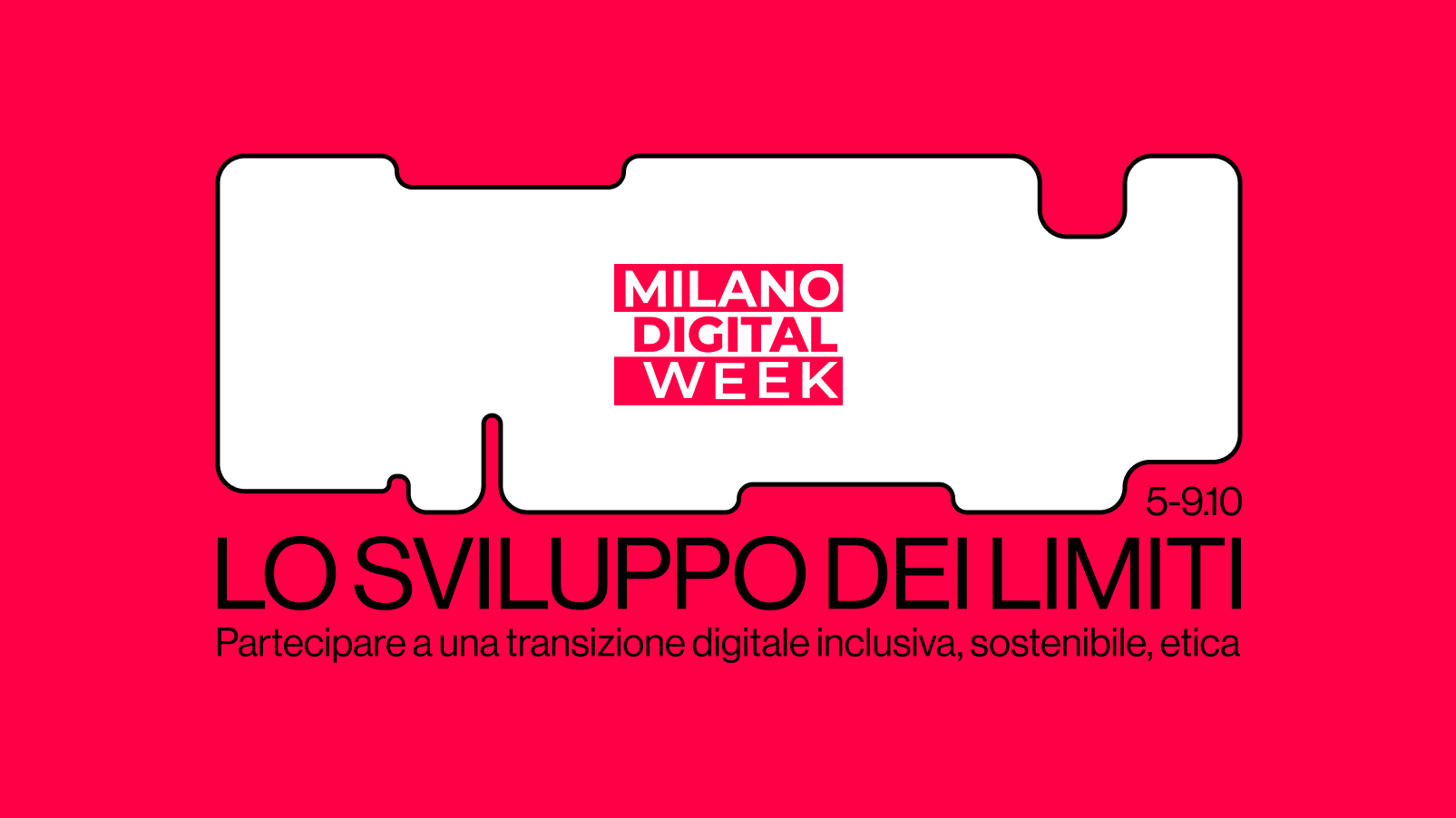MUSA Engages at Milano Digital Week with Digital Education Questionnaire, Rolling Out to Schools in November
MUSA is set to make waves at Milano Digital Week, running from October 5th to 9th, as it officially launches its digital education questionnaire tailored to the Educational Pact for Digital Well-being and Safety in the Municipality of Milan, aimed at both parents and students. This ambitious initiative, spanning exploratory, participatory, consultative, and dissemination phases, represents a significant stride in MUSA’s mission to enhance the online educational and relational experience for all stakeholders involved. Last year, within the Milano Digital Week framework, MUSA elucidated the project’s progression, culminating in the creation of the questionnaire through focus groups initiated in recent months. The questionnaire covers tailored queries on digital device usage, ranging from the age of smartphone introduction to social media integration.
Following the official questionnaire unveiling on October 9th, it will be deployed across Milan schools from November, targeting students aged 8 to 13 and their parents. Responses garnered will inform the development of a Recommendations Document on best practices in digital education, considering insights gleaned from focus group activities. Milano Digital Week attendees will be the first to trial the questionnaire and contribute to shaping the future of digital education.
This initiative aligns with ongoing efforts such as the Patti Digitali project, spearheaded by the University of Milano-Bicocca, addressing the growing concern among many families of preadolescents regarding managing their children’s online presence and smartphone usage. Patti Digitali brings together the Digital Well-being Research Center at the University of Milano-Bicocca and three associations active in media literacy (Mec, Aiart Milano, and Sloworking). Key figures driving this initiative include Marco Gui, Associate Professor of Media Sociology at the University of Milano-Bicocca; Brunella Fiore, Researcher and Lecturer in Sociology of the Family at the University of Milano-Bicocca; Marco Grollo, Educator, Trainer, and Founder of Mec Association; Stefania Garassini, President of Aiart Milano and Content Management Lecturer at the Catholic University of Milan; Simone Lanza, Primary School Teacher and PhD candidate at the Department of Human Sciences for Education, University of Milano-Bicocca; Alberto Pellai, Medical Doctor, Psychotherapist, Writer, and Researcher at the University of Milan. Project coordination is overseen by Silvana Loffredo, representing the Sloworking association.
The platform offers guiding principles, a handbook, free counseling, and educational materials for digital education tailored to children. Concurrently, agreements have been initiated with regions and municipalities, with MUSA specifically dedicated to the Digital Pact for the city of Milan. Participatory research forms the cornerstone of MUSA’s approach, ensuring active involvement of parents, students, teachers, and other stakeholders in decision-making processes regarding digital education. This methodology ensures that the voices of those directly involved in education are heard and solutions are collaboratively developed. The project on the Digital Educational Pact underwent an initial operational phase, focusing on listening to 109 parents, 175 children/adolescents, and 20 teachers from 5 comprehensive institutes selected across various areas of the city, encompassing diverse socio-economic backgrounds, both public and private.
The subsequent participatory phase featured public events and discussions in three meetings focusing on socio-psychopedagogical, health, and regulatory/legislative aspects. Furthermore, the consultative cycle, including the extended questionnaire to parents, children/adolescents, and teachers, will culminate in the dissemination phase, with the public presentation of the recommendations document serving as a blueprint for the digital education of youth.





